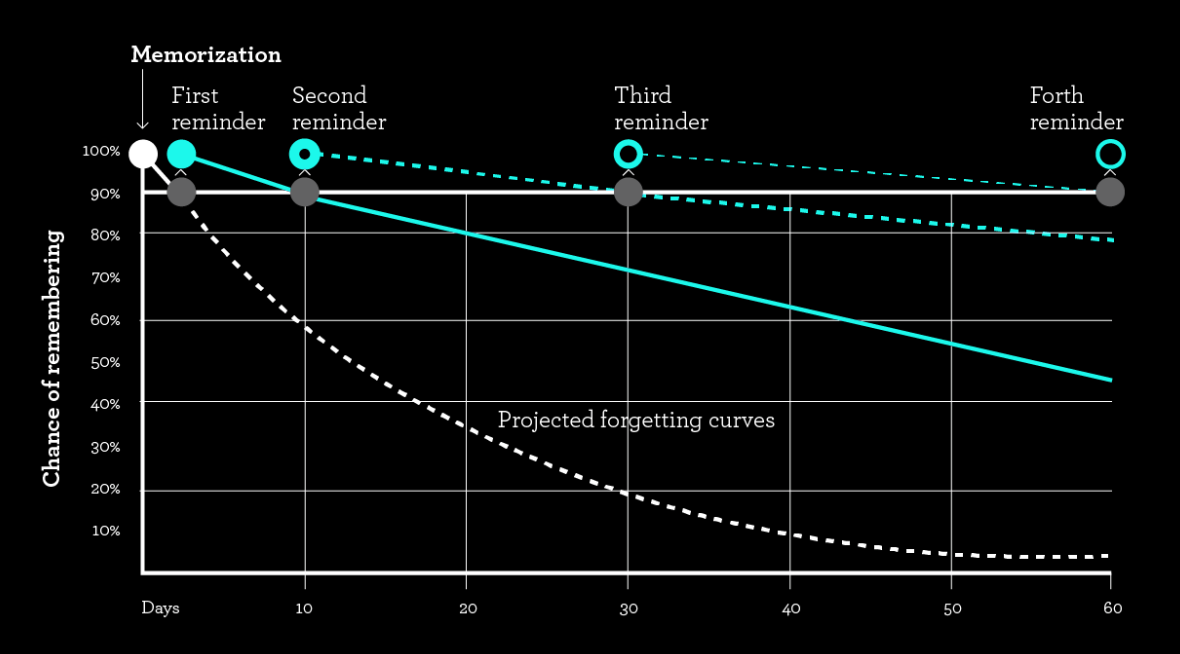Blurb
Getting sick over the new year, I found myself watching YouTube videos in bed to procrastinate. One video that stood out was about Mason, who spends his whole life trying to become someone through his career. He loses his VFX job to AI, fails at writing, and ultimately realizes that tying your identity to a job is a trap—especially when AI can make entire professions obsolete overnight.
I actually wrote about this exact thing last month and its implications for how we approach work.
Taking a page out of Growth Mindset, I figured one of the best “paretos” for life is being really good at learning. As Naval Ravikant once said:
“It’s much more important today to be able to become an expert in a brand-new field in nine to twelve months than to have studied the ‘right’ thing a long time ago. You really care about having studied the foundations, so you’re not scared of any book. If you go to the library and there’s a book you cannot understand, you have to dig down and say, ‘What is the foundation required for me to learn this?’ Foundations are super important.”

Anyway, here are some notes from the first Coursera course I found. Might as well use them to strengthen my own learning game.
The Brain’s Modes—Focused vs. Diffuse
The brain is basically a Swiss Army knife with two blades: Focused Mode and Diffuse Mode (a pretty shitty Swiss Army knife, I know).
- Focused Mode is your laser beam—it’s you grinding through calculus problems. But like a laser in a dark room, it only illuminates what’s right in front of you.
- Diffuse Mode is more like ambient moonlight—where you get those random shower epiphanies.
You want to switch between the two. Study hard, then take a break. Also, sleep is super important.
No more 3 AM caffeine-fueled debugging sessions for me. This is especially important for product managers, who need to protect their mental clarity.Memory’s Scaffolding—Chunking & Spaced Repetition
Memory isn’t a shelf; it’s a scaffold. To build it:
- Chunking: Break complex ideas into manageable blocks. For instance, a programmer masters loops before tackling full-blown algorithms.
- Spaced Repetition: Revisit chunks over days, not hours. Watering a plant nonstop drowns it. Well-timed sips are optimal (Make It Stick).

I’m drowning in blockchain math, and regular flashcards are a pain in the ass. Here’s a cool idea: an app that reads your notes (Obsidian, Google Docs, you name it) and uses a large language model (Claude, DeepSeek, etc.) to quiz your reasoning. Instead of “What’s a binary tree?” it’d ask, “Why would you pick a binary tree here?” The app would track what you learn and automatically handle spaced repetition, mnemonics, all that good stuff.
On Procrastination
Procrastination is more about avoiding pain than being lazy. A couple of proven fixes:
- Pomodoro Technique: Work 25 minutes, reward yourself. Like bribing a toddler—small wins build momentum.
- Eat the frog first. Mark Twain supposedly said, “If it’s your job to eat a frog, do it first thing in the morning.”
Willpower is finite. I use SelfControl to block distractions at the OS level. Once it’s on, the only way out is waiting for the timer or nuking your entire operating system. Drastic, but it works.
Mnemonics & Memory Palaces
- Mnemonics: ROY G. BIV for rainbow colors.
- Memory Palace: Imagine mentally placing each grocery item in a room of your house. Sherlock Holmes’ mind attic is basically this concept.
Brain Fuel
The brain’s kind of important, so if you want to perform well:
- Exercise: Boosts BDNF (a key protein for neurons). Trust me bro.
- Sleep: During REM, your brain replays and stores the day’s lessons. (NIH Study). Also, you quite literally risk death by skimping on sleep.
- Diet: Omega-3s (salmon), antioxidants (blueberries), and dark chocolate (flavonoids) do wonders (in Huberman we trust).
And that’s pretty much it.